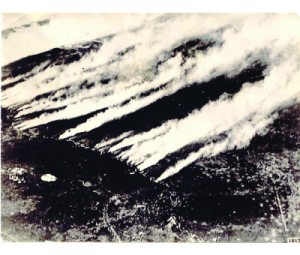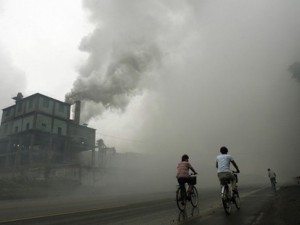During this time, I reviewed texts from Ulrich Beck (Risk Society), Keller Easterling, Anthony Giddens, Foucault, went back to Rosalind Krauss, Bruce Sterling and Manuel Delanda…
Continued to be interested with Antarctica, technically, as its status as an “extraterritoriality”… This followed by Easterling, and her TED Talk, “Action is the Form”. Focusing on Special Economic Zones, extraterritoriality again. From here, revisited Tarkovsky, and particularly his film, “The Stalker” and a mysterious and dangerous journey into the “zone.” All of these aligning with my personal interest of charged landscapes. I entertained several avenues for proposals within this theme dividing my efforts…but, Every decision is a final refusal.
[[Working Thesis Statement & Drawings to be added to this post.]]
un-Embassy

